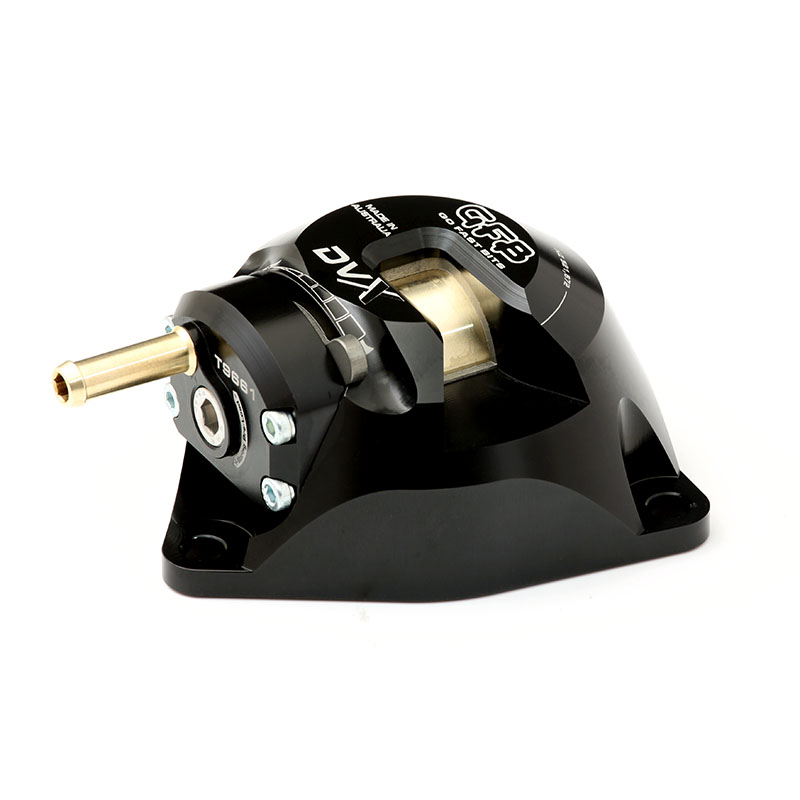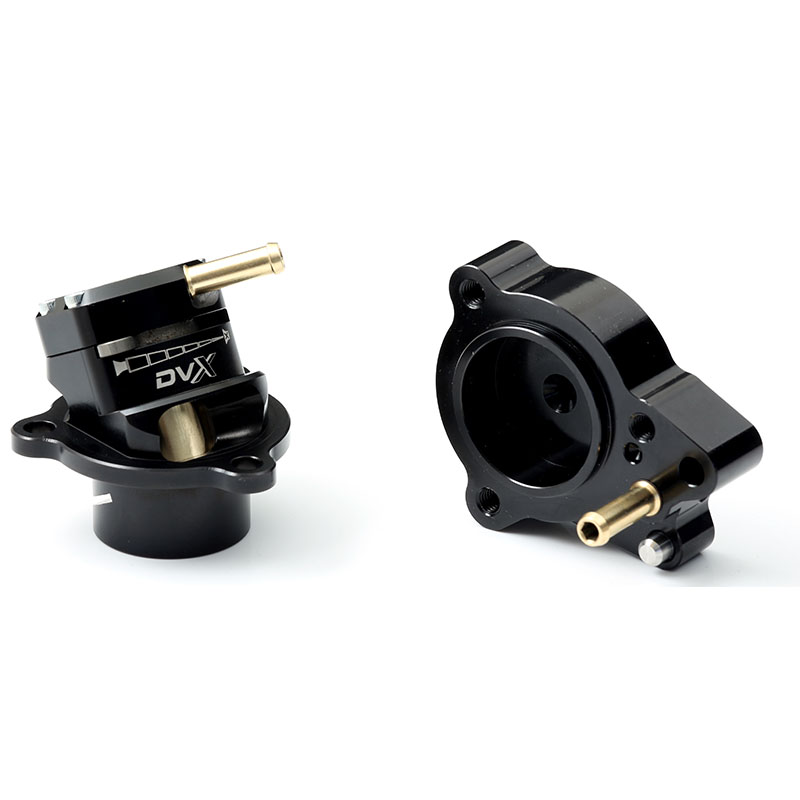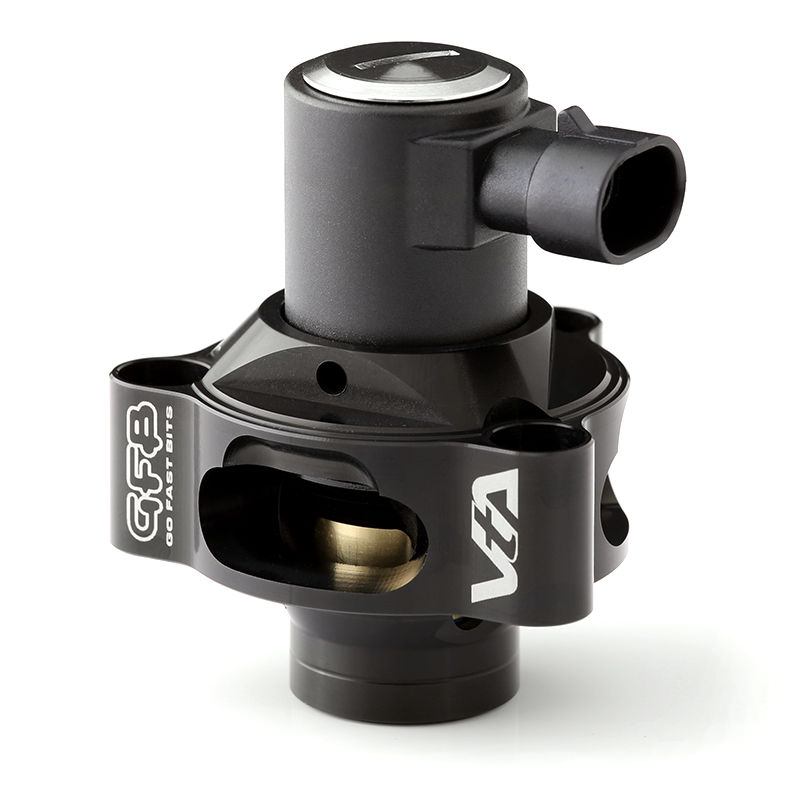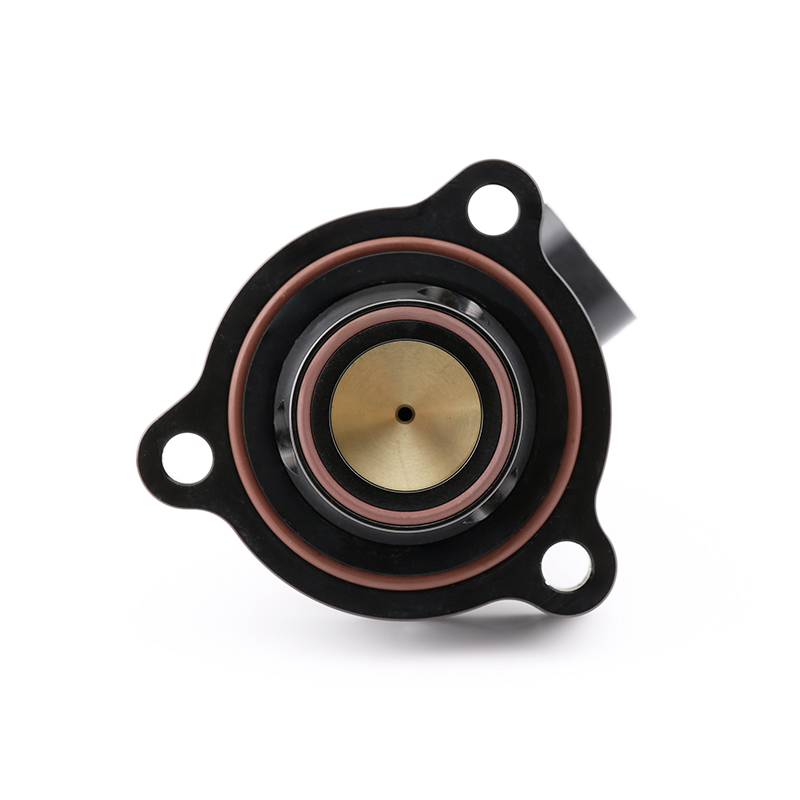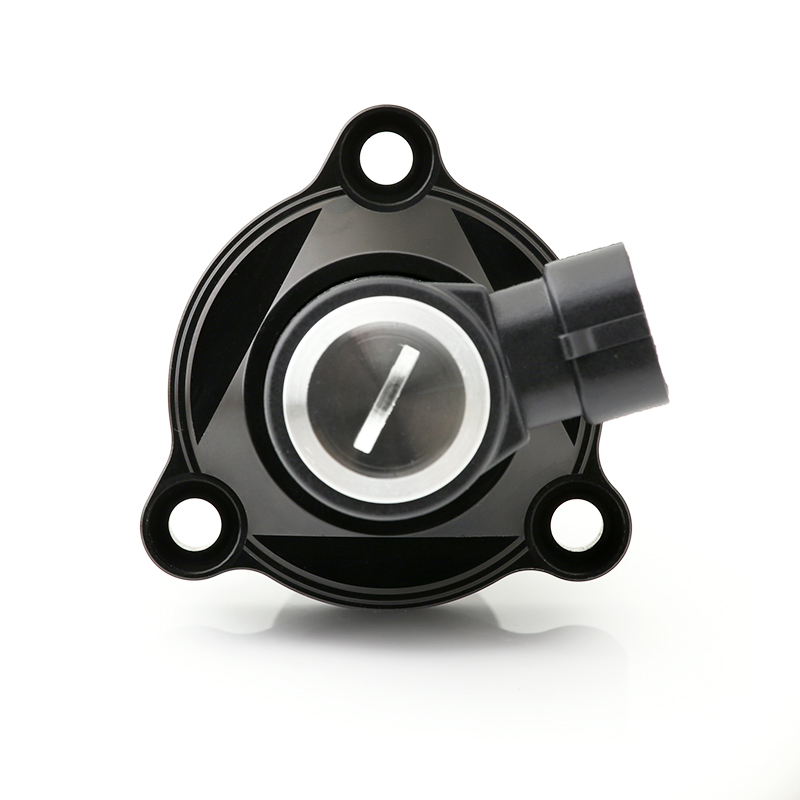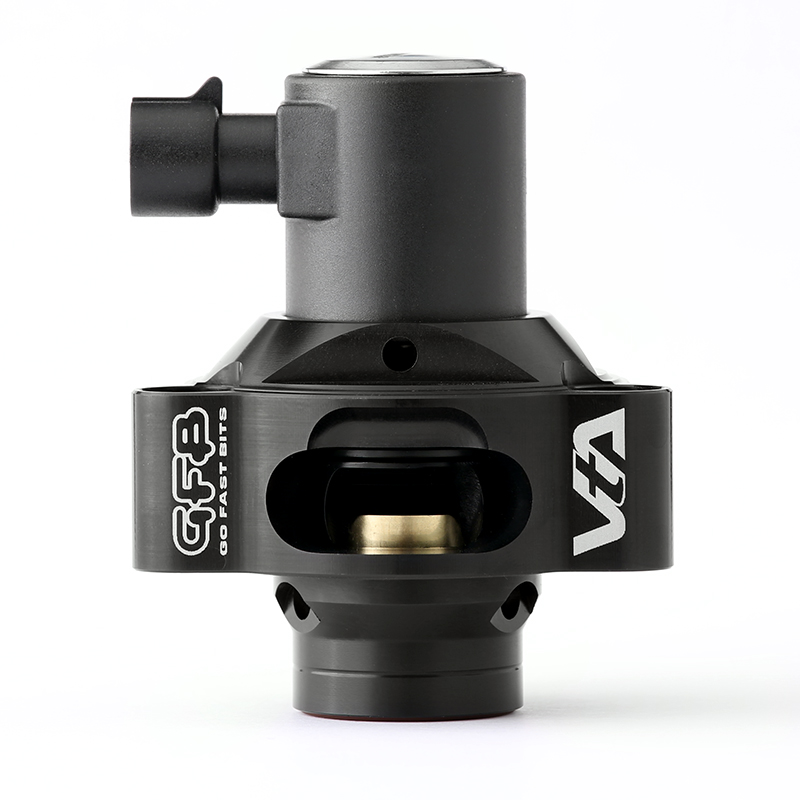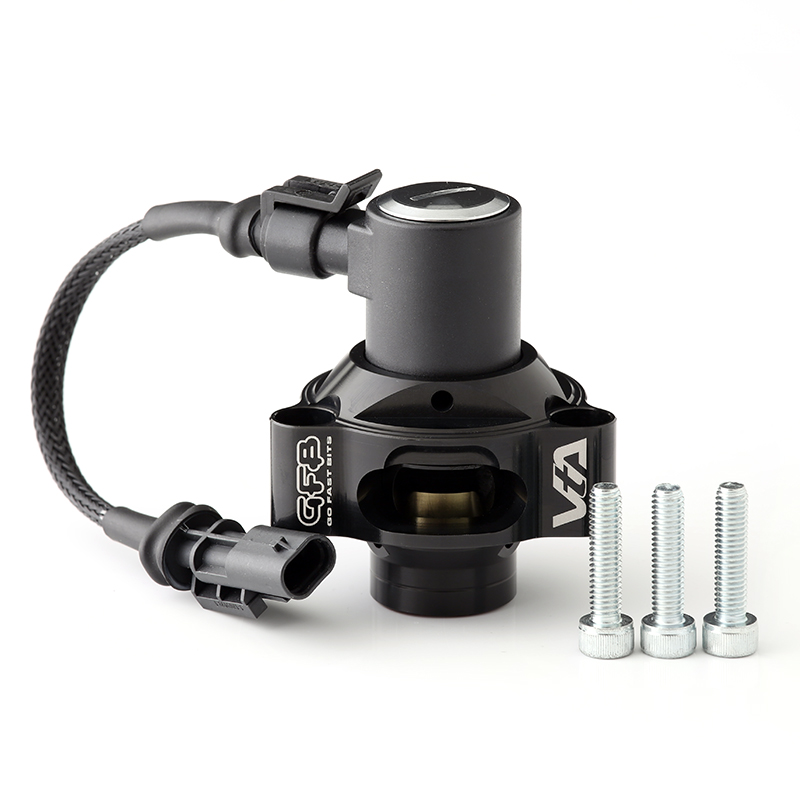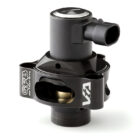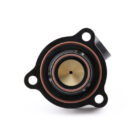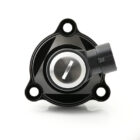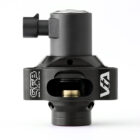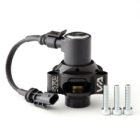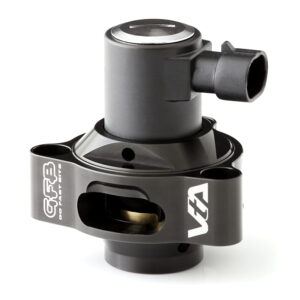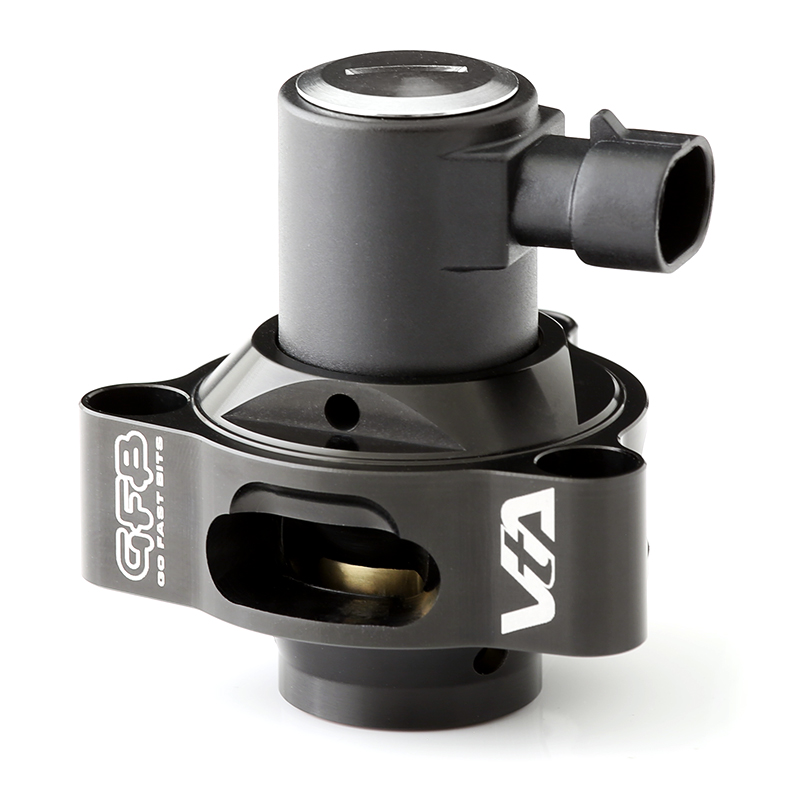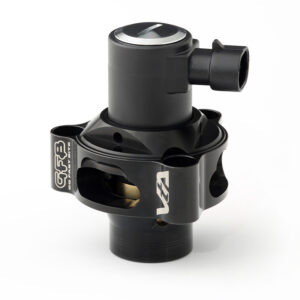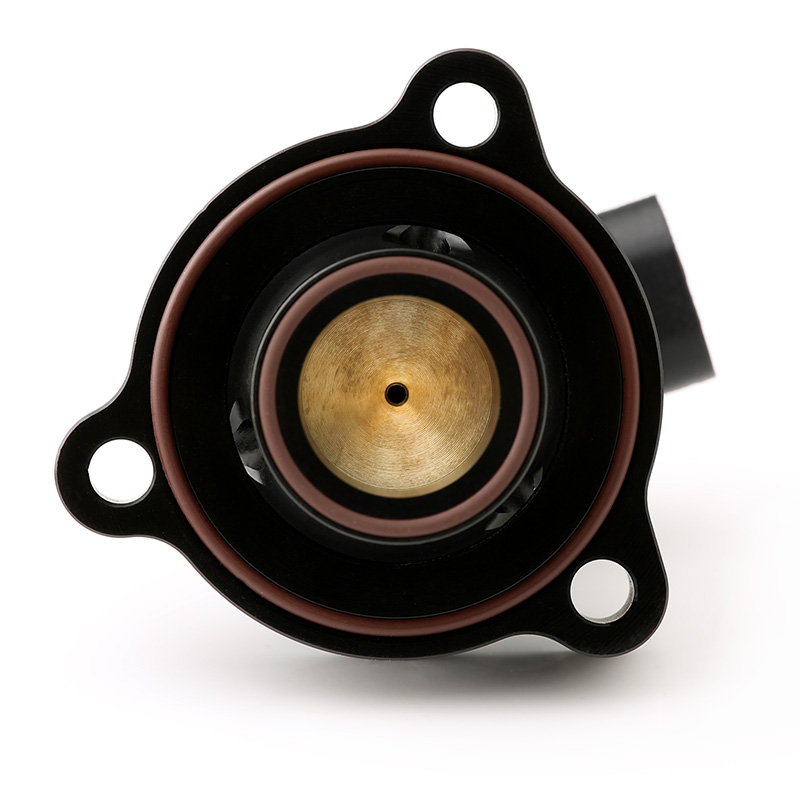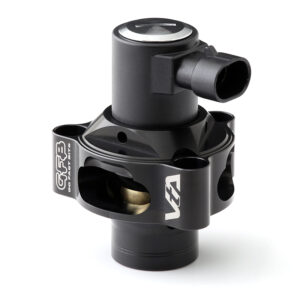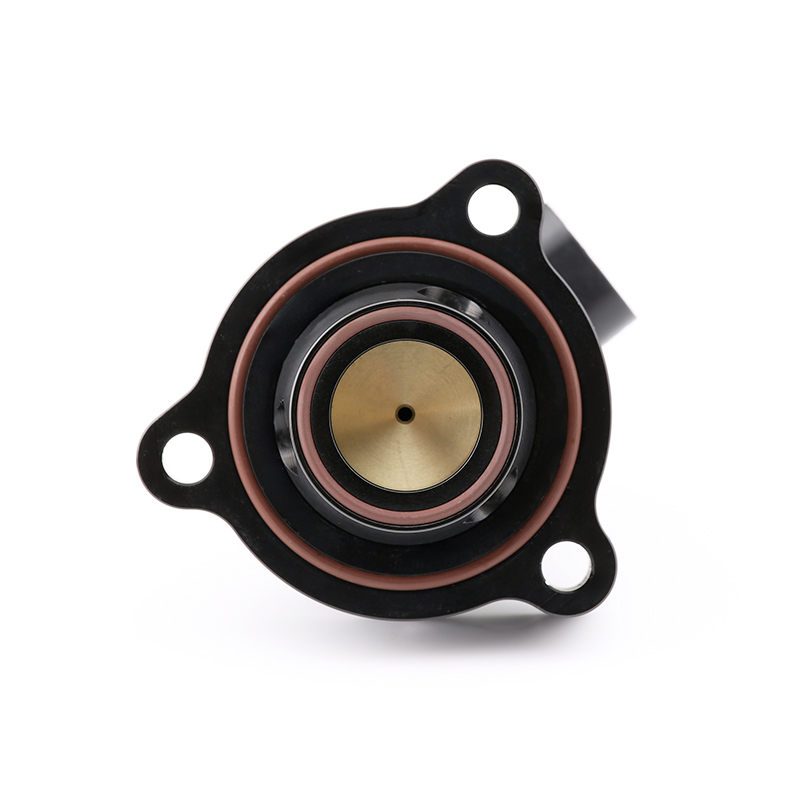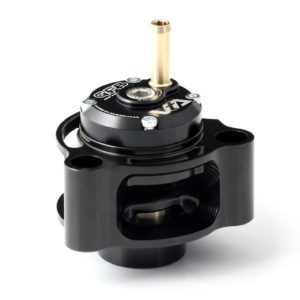Description
The T9488 VTA is a performance blow-off valve solution for Mercedes vehicles
If you want sound with your performance (or performance with your sound!), GFB’s T9488 VTA delivers!
By combining atmosphere venting with the proven performance benefits of our ground-breaking DV+, the VTA delivers an aggressive blow-off sound, improved throttle response, as well as superior boost holding and reliability.
With its low-profile integrated solenoid and compact design, installing the T9488 is a breeze. Just swap out your factory diverter valve with the VTA, and you’re good to go!
Key features and benefits:
- Blow off sound AND better performance
- Reliable boost holding
- Sharper throttle response, faster boost recovery
- Low-profile integrated solenoid for seamless installation
- Australian-made, backed by a lifetime warranty
T9488 is a direct bolt-on for most Mercedes turbo petrol vehicles. Twin-turbo engines typically require two valves.
Why choose a VTA over a “BOV spacer”?
Whilst “BOV spacers” might offer a cheap way to get a blow-off sound, they fail to tackle the fundamental performance and reliability issues associated with the OEM diverter valve – all they do is redirect the vented air.
The VTA offers more than just sound. By replacing the OEM diverter valve you also get enhanced performance and reliability.
Reliable Boost Holding
Despite some improvements in reliability by the latest generation of OEM diverter valves, the performance trade-offs continue to grow. By locating the diverter valve on the intercooler piping rather than the turbo compressor cover, the risk of heat-related failures is reduced. However, boost leakage is significantly greater due to the plastic OEM diverter valve piston failing to seal on an uneven plastic seat.
The VTA effectively addresses this issue by incorporating an integral piston seat machined into its body, ensuring a reliable seal even on irregular plastic OEM seats.
Sharper Throttle Response, Faster Boost Recovery
OEM electronic diverter valves are binary in operation – they’re either open or shut. Your throttle, however, isn’t. When you make small throttle adjustments, the binary operation of the factory diverter results in abrupt changes in power delivery, which is the very definition of poor throttle response.
GFB’s patented “pilot actuation” system allows the VTA’s piston to open and close progressively, thereby smoothing the power delivery during throttle modulation, and ultimately improving throttle response.
Unrivalled longevity, backed by our Lifetime Warranty
The combination of precision manufacturing, attention to detail, and robust materials means the VTA will last a lifetime. So does the warranty!
VTA Performance Blow Off Valve Range
The VTA is a high-performance blow-off valve solution for modern turbo vehicles fitted with an electronic factory diverter valve, offering better performance, reliability, and a great blow-off sound!
Release the Sounds!
We could tell you about the performance, reliability, and boost holding benefits of the VTA range, but let’s face it – you’re here for the sound, right?
By blasting the vented air out to atmosphere, the valves in the VTA family give your ride that signature blow-off sound when you lift off the throttle.
Uncompromised throttle response
Modern OEM electronic diverter valves might be faster than pneumatic types, but they are binary in operation – open or shut. What they gain in operational speed, they lose in throttle response. The VTA adapts the method of operation of the factory diverter system to give you the best of both worlds.
Pilot Operation – the patented design of the VTA means the piston is not directly connected to the solenoid, so it can open and shut progressively. This operation method leads to improved throttle response and drivability, because the VTA is more “discerning” about how much air it vents when triggered by the ECU – it only vents the amount of air necessary to eliminate pressure spikes that cause compressor surge, where the factory diverter opens fully whether it needs to or not.
When you close the throttle during spirited driving, the VTA opens to prevent compressor surge and protect the turbo. When the pressure has dropped sufficiently, the piston begins closing to preserve a small amount of boost in the intercooler for as long as possible. This helps the turbo return to peak boost faster when you re-open the throttle. We call this the
Turbo Management System (TMS) benefit.
Lightning-fast operation – vehicle manufacturers use an electronic diverter valve because they respond faster than pneumatic valves. Well, the VTA is faster again! No other valve on the market comes close to matching the VTA opening and closing speeds.
Hold my boost and watch this…
Your turbo works hard to create boost, so why make it work harder than it needs to? A GFB VTA ensures that all your hard-earned boost makes it to the engine.
Unsurprisingly, the moulded plastic valve components in the factory electronic diverter valve don’t seal that well. A boost leak from the factory diverter valve will cause the ECU to drive the turbo harder to compensate for the loss, resulting in higher turbo RPM, more exhaust backpressure, and hotter compressor outlet temperatures. So even though your tune might still hit target boost, a diverter leak means the turbo is more stressed, and the engine makes less power.
The VTA replaces the factory diverter’s loose-fitting plastic valve with precision CNC machined metal components and a durable elastomer piston seal. Because the VTA design uses boost pressure to force the piston shut, it doesn’t matter how much boost you throw at it – a VTA won’t fail, leak, or blow open.

